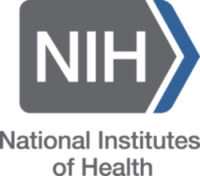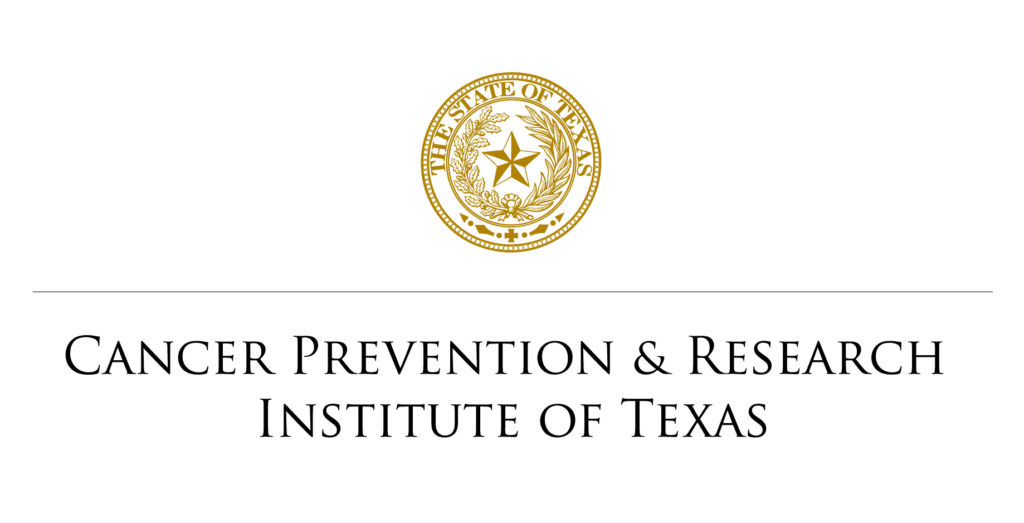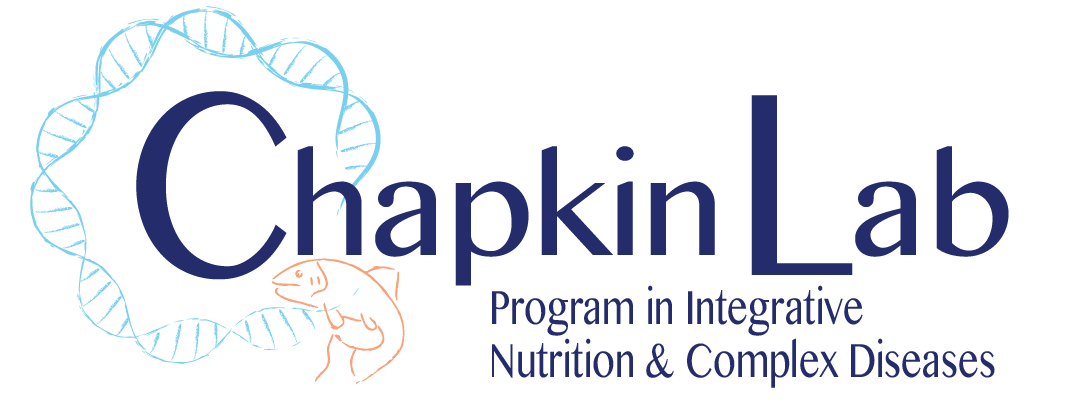Chapkin Lab has continuously been funded by the National Institutes of Health (NIH) for the past 35 years.


Dr. Chapkin and the lab members are proud to share with you a number of the recent grants received the last few years.
Nutritional and clinical predictors of intestinal maturation and feeding tolerance in the preterm infant
Major Goals: Annotate host exfoliated mucosal cell transcriptome and fecal bacterial metagenome and metabolome profiles to identify biomarkers for preterm infants who have consistent tolerance to enteral feeding or who are diagnosed with feeding intolerance or ischemia.
Targeting plasma membrane spatial dynamics to suppress aberrant Wnt signaling
Major Goals: Development of dietary counter measures to shape plasma membrane physical-chemical properties in order to suppress aberrant Wnt signaling
The selective advantage of mismatch repair loss in colonic stem cells
Major Goals: We hypothesize that colonic stem cells (CSCs) that lose MMR function will gain a selective advantage over neighboring MMR-proficient cells, particularly in a mutagenic environment such as may be found in the colon. The proposed aims utilize novel approaches to study the mechanism by which loss of MMR function contributes to tumorigenesis providing information that may help explain disease penetrance while guiding the diagnosis, prevention and treatment of Lynch Syndrome-associated cancers.
NR4A1 antagonists inhibit colorectal cancer growth and enhance immune surveillance
Major Goals: We will determine the anticarcinogenic activities of bis-indole derived (CDIMs) NR4A1 ligands in mouse and human cells with a particular focus on the regulation of the checkpoint inhibitor gene PD-L1.
Mediterranean diet and weight loss: Targeting the bile acid/gut microbiome axis to reduce colorectal cancer risk
Major Goals: This proposal will determine if the Mediterranean Diet alone or combined with weight loss can affect the bile acid-gut microbiome axis ultimately revealing critical information on how weight loss and diet can address CRC risk and disparities in African Americans, but also in other high-risk populations.
Dietary and microbial predictors of childhood obesity risk
Major Goals: The goal of this proposal is to determine how environmental factors influence mutualistic host-microbe interactions in a longitudinal, prospective birth cohort of 400 children and to relate those to infant growth trajectory and weight and body composition. For this purpose, we will utilize our novel modeling methodology targeting simultaneous analysis of host-commensal gene expression.
Diet and the colonic exfoliome: A novel, non-invasive approach to testing interventions in humans
Major Goals: Our goal to increase our understanding of the biologic signatures associated with exposure to an omega-3 fatty acid – fermentable fiber combination in humans.
Bayesian differential causal network and clustering methods for single-cell data
Major Goals: The proposal will develop statistical methodologies for discovering causal and predictive host-microbiome interactions.
Gene – environment – lifestyle interactions in cancer
Major Goals: We are creating a regional center of excellence in cancer research (TREC) that takes advantage of the vast resources available to Texas A&M University to establish the infrastructure required to advance a cohesive vision to address unmet needs in cancer prevention and treatment at the regional and national levels.
